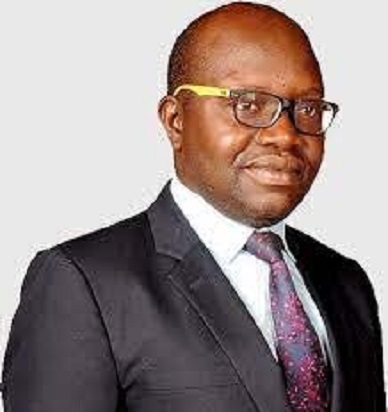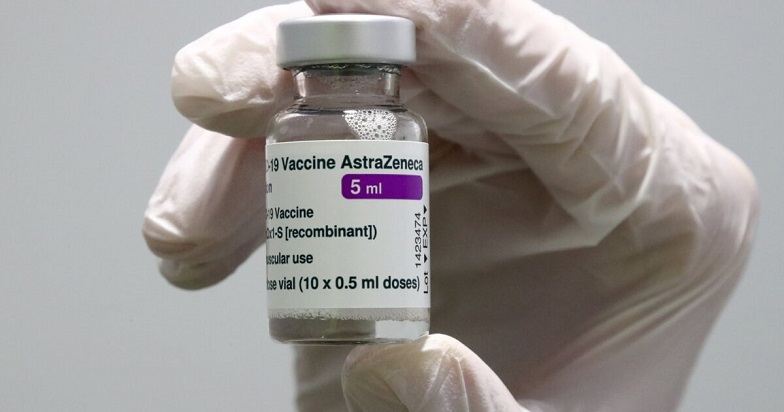Richard Idro, President of Uganda Medical Practitioners
The Medical practitioners have lashed out at Government for reducing them to strike organisers yet there are several Ugandans in need of their services.
The doctors have threatened to close down all hospitals if by 6th October the pledge to increase pay for medical practitioners isn’t honoured.
The warning was made by Richard Idro, President of Uganda Medical Practitioners while appearing before Parliament’s Health Committee to discuss the shortage of medical personnel in public health facilities.
“We have been reduced to organising strikes, really, we have better things to do, there are patients to care for. I am here just talking, pleading for you to pay doctors Shs5m and consultants Shs7M. We gave notice of industrial action, we gave them three months, please don’t blame us when we shut down hospitals come 6th October, we are tired,” Idro said.
The Association President added that Government didn’t take advantage of the COVID-19 pandemic to recruit medical workers.
He noted that Kenya and Botswana are now recruiting medical workers from Uganda.
“Currently only 40% of positions for doctors are filled, 60% are vacant yet we have so many young doctors. We are producing 500 doctors annually, we aren’t recruiting, they are just going, in the past two months, Botswana, Namibia, Kenya have collected our doctors. The recruitment in public service takes forever. COVID-19 gave us an opportunity to recruit doctors, but we are giving them six months and three months contracts,” Idro said.
He cited a recent development when Mulago Hospital advertised for 10 posts and received 640 applications, saying the failure to recruit has seen many Ugandans trapped in orthopedic wards with legs hanging up like forest trees because there are no doctors to work on them, yet these are the people who should be up and working to contribute to tax payment to government.
“All surgical wards are full with legs up like forests. We are allowing them to sit with their legs tied up. Only six districts of the 146 districts have substantive District Health Officers yet these are the people supposed to guide the technical people,” said Idro.
He described as shameful Uganda’s health care system, yet there is much that can be done to improve the system, saying the recent trip by the Association in Fort Portal Hospital revealed that many women are coming from ruptured uteruses and would be unable to give birth again, because their cases weren’t handled on time because of absence of health equipment.
“Ladies coming from Kasese with ruptured uterus, they require so many blood transfusion and days in because health center IVs aren’t working properly. We are losing so many people in this country unnecessarily, we can do better,” he added.
The Medical Association also called on Parliament to ensure that private health training institution are supervised, revealing that many of these facilities are admitting more students than they can train.
The Association also blasted Government for failing to provide medical insurance to medical workers, pointing out that in the first wave of Covid, Uganda lost 9medical workers and the number increased to 20 doctors in the second wave, yet the families haven’t been compensated.
Idro said, “In a space of four weeks, we lost a doctor in second wave we lost 20 doctors. We lost a doctor in Nakaseke hospital, right now his family is almost thrown out of the house. These people haven’t received any compensation. We are touching all this pus and wounds, we have no health insurance.”
Francis Asiimwe, Secretary General of Uganda Medical Association asked Government to fulfill its pledge, warning that although their tenure is almost coming to an end, the next set of leaders may be too radical to consider dialogue.
“We hate to strike, we hate to withdraw from service delivery, but when we are boxed from corner, things get bad. The guys coming in, they won’t come for meetings, how can we wait for things to reach confrontational level,” noted Asiimwe.
Margaret Makokha (Namayingo DWR) said that her district is located on an island with no health facilities, something that has prompted locals to seek medical services in Kenya and Tanzania.
Margaret Ayebare (Mbarara DWR) wondered why Government has failed to absorb doctors yet there are hospitals with the required practitioners, “We have so many doctors on the streets and we don’t have health workers in the health facilities. I request we get to know where the missing link is. Let Public Service tell us why they can’t recruits more doctors.
Elisa Rutahigwa (Rukungiri Municipality) wondered why judges have lead cars to attend to criminals, yet surgeons have no cars to rush them to hospitals in case of emergencies.
He said, “I see vehicles for Judiciary, a judge being given lead car to go to court to attend to criminals. But if a surgeon is needed they can even suffocate in jam.”
He was backed by Yusuf Nsibambi (Mawokota South) who is also a seasoned lawyer and former law don at Makerere Law School who narrated when he was undergoing surgery after a heart attack, but his procedure took longer than anticipated because the hospital was waiting for a doctor to attend to him, but she was trapped in jam.
“I got an emergency, a heart attack, in the middle of an operation, 52 minutes, it took longer. She took her car, she abandoned, she took a boda. I have friends, judges and lawyers with lead cars and they stay in Kololo but doctors can’t stay in such places because they are too expensive for them,” said Nsibambi.
Charles Ayume, Chairperson Health Committee said Parliament should look into the proposal to purchase cars for the specialist consultants and this would cost Shs13Bn.
Brenda Namukuta (Kaliro DWR) informed Parliament that her district with a population of 500,000 people only has one doctor who also doubles ad District Health Officer. She said the hospital only has one maternity ward, but the room is too small to the size of a toilet with only one bed, yet there are about 15 women giving birth daily.





